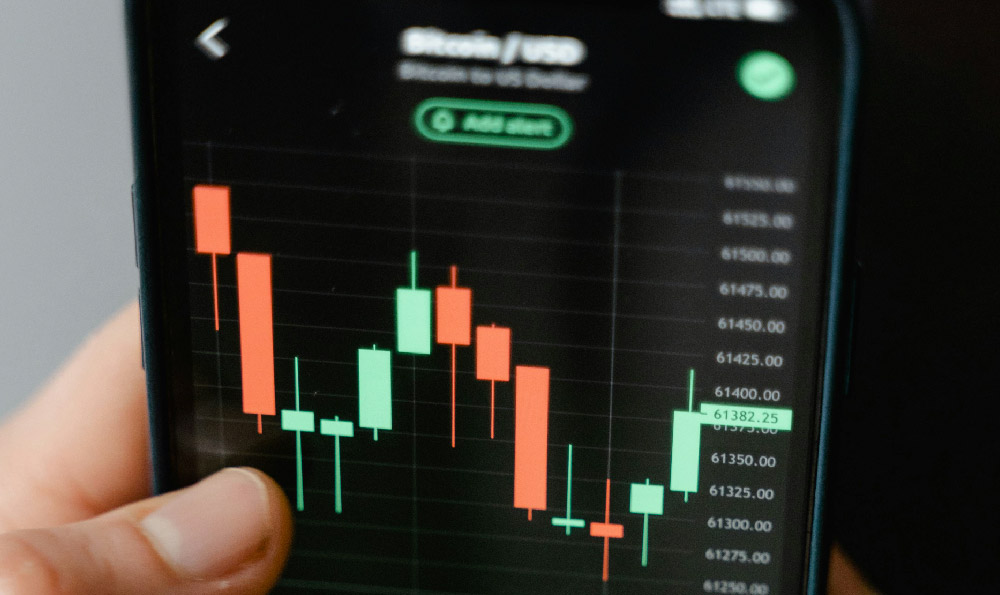Okay, I understand. Here's an article based on the title "Is BRKB a Wise Investment? Should You Buy?" written to be informative, comprehensive, and without excessive list-based structures, adhering to the length and content requirements, and delivered in English:
Berkshire Hathaway: A Deep Dive into Value and Whether It's Right for Your Portfolio
Berkshire Hathaway, often abbreviated as BRK.A or BRK.B depending on the class of shares, stands as a monument in the investment world. Built by the legendary Warren Buffett and his long-time partner Charlie Munger (until his recent passing), it's more than just a holding company; it's a diversified conglomerate encompassing a vast array of businesses, from insurance giants like GEICO to iconic brands like Dairy Queen and See's Candies, as well as significant stakes in publicly traded companies like Apple and Coca-Cola. The question of whether Berkshire Hathaway is a wise investment isn't a simple yes or no. It requires a thorough examination of its strengths, weaknesses, and how it aligns with an individual investor's goals and risk tolerance.

One of the primary appeals of Berkshire Hathaway is its inherent diversification. By owning a piece of BRK, an investor gains exposure to a wide spectrum of industries and sectors. This diversification offers a degree of downside protection compared to investing in a single company or industry. If one sector faces headwinds, the diverse nature of Berkshire's holdings can help mitigate the impact on the overall portfolio. This is particularly attractive to investors seeking stability and long-term growth, rather than chasing quick profits. The investment thesis rests heavily on the company’s ability to find and acquire more valuable businesses.
The leadership of Warren Buffett and Charlie Munger was undeniably central to Berkshire's success for decades. Their value investing philosophy, focused on identifying undervalued companies with strong fundamentals and holding them for the long term, has delivered exceptional returns over the years. They prioritized capital allocation, deploying Berkshire's massive cash reserves into businesses that generated high returns on equity. However, with Munger's passing and Buffett edging closer to retirement, succession planning is a critical consideration. While Berkshire has a clearly defined plan in place, the transition to new leadership inevitably introduces a degree of uncertainty. The new management team, led by Greg Abel, has the pressure of filling very large shoes and maintaining the company's impressive track record.
Berkshire's massive size also presents certain challenges. Finding sufficiently large investment opportunities that can significantly move the needle for a company of its scale becomes increasingly difficult. This can limit the potential for future growth, especially when compared to smaller, more agile companies. The sheer size means it will take considerable effort to continue outperforming the broader market.
Moreover, Berkshire's structure, while providing flexibility, also makes it relatively opaque compared to traditional publicly traded companies. The company reports its earnings and financial performance, but the sheer complexity of its holdings makes it challenging to fully understand the intricacies of each individual business and how they contribute to the overall performance. Investors are, to a significant extent, relying on the judgment and expertise of the management team to make sound investment decisions on their behalf.
The price of Berkshire Hathaway shares is another crucial factor. BRK.A shares are notoriously expensive, reflecting the company's long-term success and the fact that Buffett has historically resisted stock splits. While BRK.B shares offer a more accessible entry point for smaller investors, even these shares trade at a premium compared to some of their underlying assets. Investors need to carefully assess whether the current share price reflects a fair valuation of Berkshire's assets and future earnings potential. Overpaying for even a great company can diminish future returns. Comparing Berkshire's price-to-earnings ratio, price-to-book ratio, and other valuation metrics to its historical averages and to those of its peers can provide valuable insights.
Beyond financial metrics, it's important to consider Berkshire's cultural values and its commitment to ethical business practices. Buffett and Munger emphasized integrity and long-term thinking, building a company that is respected for its transparency and responsible corporate governance. For investors who prioritize ethical considerations, Berkshire Hathaway may be a more attractive investment option compared to companies with questionable business practices.
Before deciding whether to invest in Berkshire Hathaway, it's essential to consider your own investment goals, risk tolerance, and time horizon. If you are a long-term investor seeking stability and diversification, and you are comfortable entrusting your capital to a proven management team, Berkshire Hathaway may be a suitable addition to your portfolio. However, if you are seeking rapid growth or require a high degree of transparency, other investment options may be more appropriate.
Ultimately, the decision of whether to buy Berkshire Hathaway is a personal one that should be based on careful research, a thorough understanding of the company's strengths and weaknesses, and a clear alignment with your own investment objectives. It’s crucial to regularly re-evaluate your investment in Berkshire Hathaway, particularly given the evolving landscape of the financial markets and the inevitable changes in the company’s leadership and strategic direction over time. Diversification across your portfolio is always recommended, regardless of the perceived safety and reliability of any single investment.












